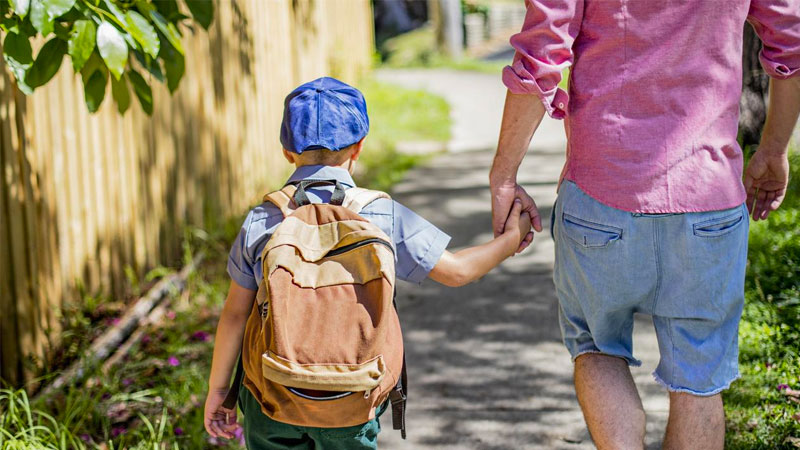Stimulus Pumps Up Childcare Sector Sentiment
Prime minister Scott Morrison has announced free childcare for more than one million Australian families, with a radical $1.6 billion funding boost that is expected to drum up demand and investment across the sector.
Following the announcement, listed childcare operators saw shares lift by more than 25 per cent, with the surge prompting one of the country's largest providers, G8 Education, to announce a trading halt.
G8, which runs more than 500 childcare centres in Australia and 21 in Singapore under a diverse collection of brands including Headstart, Jellybeans, Bambinos and Sandcastles, said the halt was an attempt to maintain liquidity and protect long-term shareholder value.
Charter Hall's Social Infrastructure Fund as well as childcare centre owner Arena REIT also witnessed similar gains.
Under the plan, the federal government has called for an interim abolishment of fees in order to help parents who keep working through the coronavirus crisis.
The financial lifeline for the childcare sector adds to a further 200 billion in stimulus to the economy.
From 6 April, the government will start making payments to childcare centres at the rate of about 50 per cent of the usual fees.

The overhaul of the struggling sector comes off the back of about 650 childcare centres closing due to retreating enrolments.
Not-for-profit Goodstart Early Learning, Australia’s largest provider with a turnover of more than $1 billion and over 650 centres, said it was still concerned about the future of its centres and 16,000 staff with fears it will not qualify for the Job Keeper allowance.
The change is temporary. The government says the new system, which will underpin 200,000 childcare jobs, will be reviewed after one month, and an extension will be considered after three months.
“The sector is effectively now underwritten by the federal government,” Cushman & Wakefield sales executive Tom Moreland said.
“Once the coronavirus pandemic normalises we feel, especially in the eyes of high net worth investors, that the defensive nature of the sector will become an attractive option, with assets seen as a long term holding asset, with many standard lease terms spanning 15 plus years.”
Marcello Caspani-Muto of CBRE healthcare and social infrastructure noted that the priority funding underscored the importance of the asset class and the domino effect their access has on the economy.
“For developers this will also likely result in continued activity with a number of prospective operators and tenants returning to the leasing table with their balance sheets now likely to return to more traditional levels prior to the enrolment withdrawals of the past month.”
“For [Investors and developers] looking to progress investment or development plans in the current market, there are few asset classes which are as heavily supported by the government, and by all accounts this should give you a great deal of confidence.”
Leading into the coronavirus pandemic, there was still some residual damage lingering in the sector following the collapse of Eddy Groves' ABC Learning a decade ago.
The collapse left many investors nervous about the notion of childcare centre investment relative to their stage of life and tolerance to risk, while demand for childcare places had fallen sharply over recent years, partly because of a surge in fees.
The childcare sector had also worn oversupply concerns for a number of years following an influx of private investors due to prior guaranteed government funding and traditionally long leases, which made centres a popular investment option.















